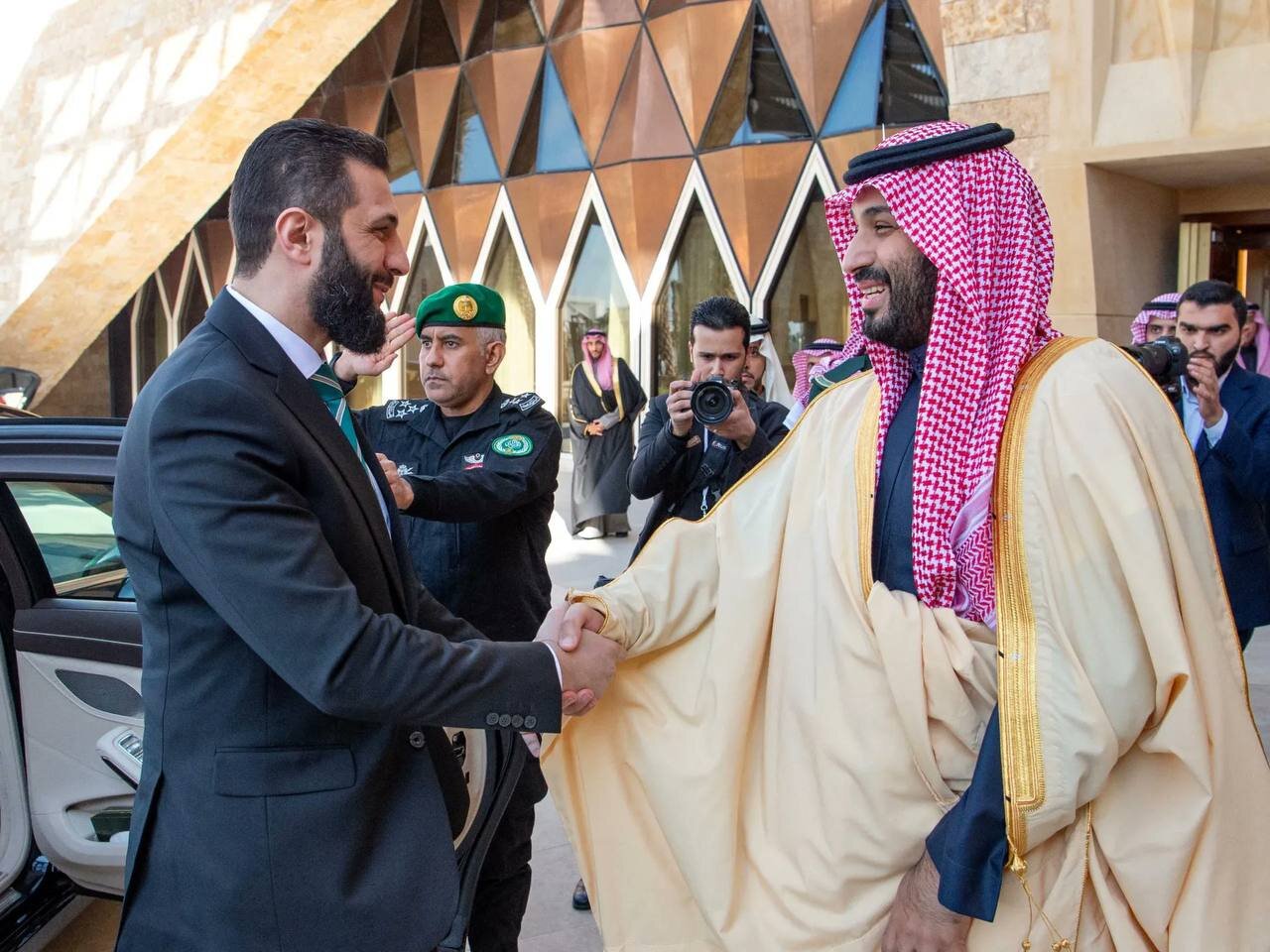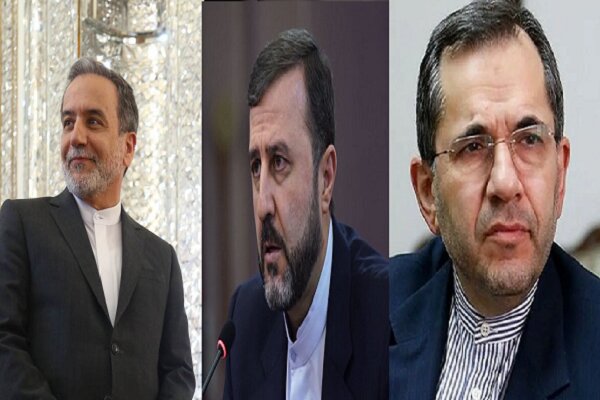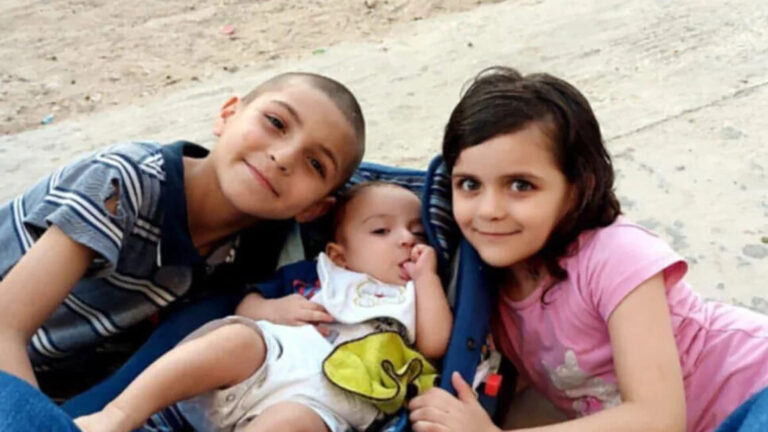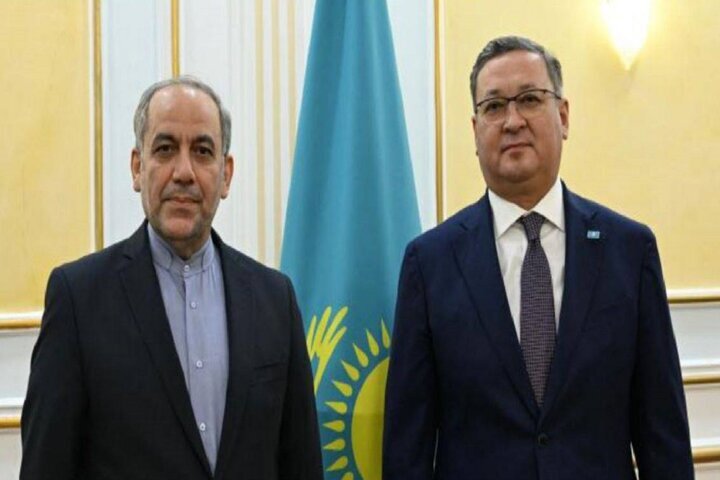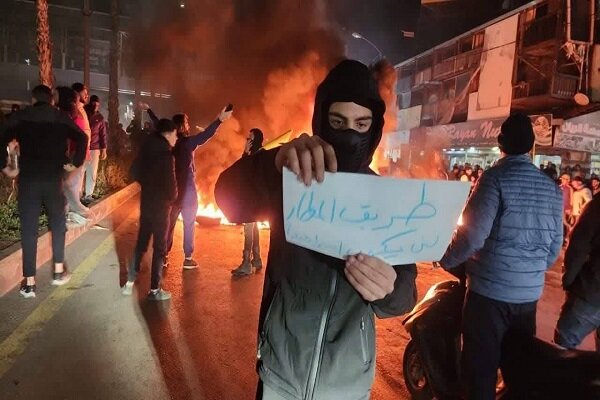Saudi Arabia Set to Clear Syria’s World Bank Debts: A Bold Financial Move
Saudi Arabia is set to take a significant step towards assisting Syria by planning to pay off the country’s debts to the World Bank. This crucial move aims to unlock millions of dollars in grants designated for reconstruction efforts and to revitalize Syria’s struggling public sector.
This initiative, which has not been previously disclosed, marks the first instance of Saudi Arabia providing financial support to Syria since the fall of former leader Bashar al-Assad at the hands of Islamist-led rebels last year. The development could indicate a shift in Gulf Arab support for Syria, especially following earlier initiatives that were stalled due to uncertainties surrounding US sanctions.
In a related effort, last month Qatar unveiled plans to supply Syria with gas through Jordan, a strategy intended to bolster the nation’s inadequate electricity supply. Sources have indicated that this move received tacit approval from Washington, reflecting a potential thaw in relations and collaboration.
A spokesperson for the Saudi Ministry of Finance commented to Reuters, saying, “We do not comment on speculation, but make announcements, if and when they become official.” Meanwhile, neither the Saudi government’s media office nor representatives from the World Bank and the Syrian government have provided immediate responses to requests for comments.
Syria currently faces approximately $15 million in arrears to the World Bank, a prerequisite for the international financial institution to authorize grants and other forms of assistance. However, the Syrian government is struggling with a foreign currency shortage, and previous attempts to settle these debts using frozen assets abroad have failed to materialize, according to two sources familiar with the situation.
World Bank officials have been in discussions about the possibility of providing financing aimed at reconstructing Syria’s power grid, which has been severely damaged due to years of conflict. Additionally, there are plans to support public sector salaries, as the country grapples with an ongoing economic crisis.
In a significant political development, it has been reported that Syria will send a high-level delegation to Washington for the annual spring meetings of the World Bank and the International Monetary Fund (IMF) later this month. This visit will mark the first time Syrian officials have traveled to the United States since the ousting of Assad.
- Saudi Arabia’s Role: Plans to pay off Syria’s World Bank debts.
- Financial Assistance: Aim to unlock millions for reconstruction and public sector support.
- Qatar’s Initiative: Providing gas to improve Syria’s electricity supply.
- World Bank Discussions: Financing aimed at reconstructing the power grid.
With these developments, the geopolitical landscape in the region may be shifting, as Gulf Arab nations explore avenues to assist Syria in its recovery. The ongoing challenges facing the Syrian economy could prompt more proactive measures from neighboring countries, particularly as they navigate the complexities of international relations and sanctions.
As the situation evolves, observers will be keenly watching how these financial commitments and diplomatic engagements unfold. The potential for increased cooperation among Gulf nations and Syria could represent a new chapter in their relationships, particularly in light of the ongoing humanitarian crises and the need for reconstruction efforts.
In conclusion, Saudi Arabia’s plans to address Syria’s debts to the World Bank signify a critical juncture in the region’s approach to supporting recovery and stability in Syria. With various Arab nations coming forward with assistance initiatives, the international community may also be encouraged to reassess its stance on engagement with Syria, paving the way for much-needed aid and development.
